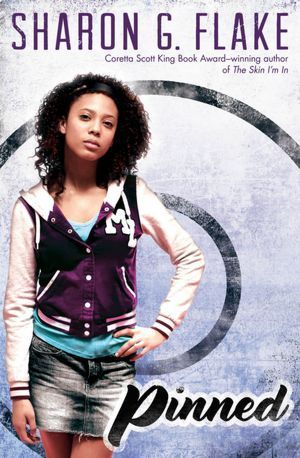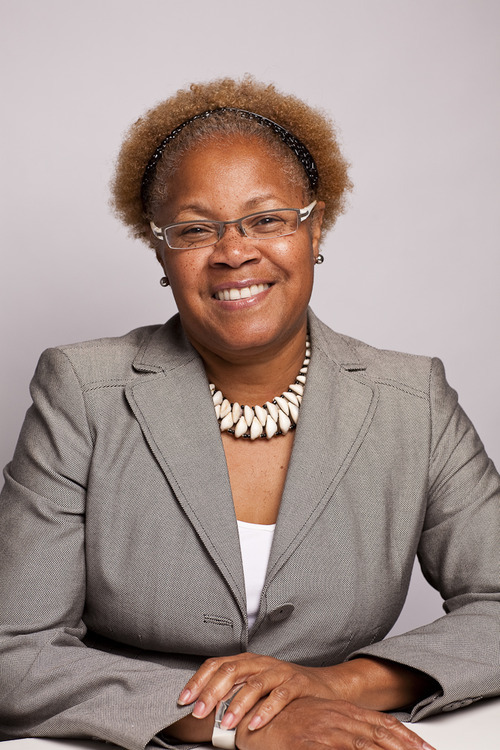CBC Diversity: Authentically Me

Growing up I did not see the value in being my authentic self. I was skinny, long-legged, and shy with big rabbit teeth. Some adults and kids even called me Olive Oyl (Popeye’s Girlfriend) —enough said?
I remember wanting to be like my neighbor Yolonda. She could wear a blanket and look red-carpet ready. I on the other hand, could never quite make fashion work, even today.
By middle school comparing myself to others was a fine art. There was the blond I sat next to who had the most exquisite handwriting. For years I tried to emulate it. In high school there was Pam. She absorbed information like a sponge. Earning high A’s with ease or so it seemed. I would study until my brain froze, only to end up with a lack luster B or C.
Thank God for my freshmen college English class. Before then, I do not recall feeling one-way or the other about writing. Yet somehow my professor lit a flame in me. No longer did I need to be a carbon copy of others, at least on paper. My writing was opinionated, fearless, and political. I was determined to use my work to give voice to the powerless. And because I loved the community I grew up in, I never hesitated to draw on its strengths, challenges and uniqueness.
Later on I found that being true to myself as a writer also helped me to appreciate the uniqueness of my writing process. I kept silent about it for years. You see, I do not write from an outline. I do not know who my characters will be or what my story is or where it is going until the people and places emerge line by line. I get on my computer, like a cowboy on a horse, and ride. I let the story take me where it will. But like any good rider, I am in control of the reigns. Even using my boots to nudge the story in another direction if pushy characters or bad plotting try to take over.
I do know two things before I begin a novel, however. I want to create memorable characters with strong connections to family and community. And I want everyone to find themselves in my stories.

I have a reputation for creating diverse characters: A teacher with an unusual birth mark. A 16-year-old boy about to be married. A struggling reader and star wrestler in love with a gifted, disabled student.
My characters arise from my willingness to be authentic and my refusal to stereotype or limit them. In many ways, they probably have the courage I wish I had in my youth. They voice their thoughts without reservations, in clever, understandable ways that keep readers engaged. Because of their forthrightness, young readers feel empowered to open up and be themselves also. Take the elementary school student who formed a group for gay students called The Skin I’m In. Or the Caucasian girl who said one of my African-American male characters was her hero. She felt he had given her advice about boys her absent father hadn’t.
Here’s what I know for sure. To be true to oneself and create authentic stories, a writer must begin from a place of love and appreciation. Love for the craft. Love for the characters and places she or he wishes to write about. They must also develop an appreciation for imperfection and hard work. For to create good stories, takes all of this and more, even using and coming to terms with the parts of ourselves that are still smarting. That feels small, little and inauthentic—the real ‘us’ behind the stories we craft.

Sharon G. Flake was born in Philadelphia, PA, and have resided in Pittsburgh, PA, for thirty years. She graduated from the University of Pittsburgh in 1978, with a B.A. in English. Flake was once a house parent, a counselor with youth placed in foster care, and a public relations representative. She is the author of eight books: Pinned (2012), You Don’t Even Know Me (2010), The Broken Bike Boy and the Queen of 33rd Street (2007), Bang! (2005), Who Am I Without Him? Short Stories About Boys and the Girls in Their Lives (2004), Begging for Change (2003), Money Hungry (2002), and The Skin I’m In (1998).

